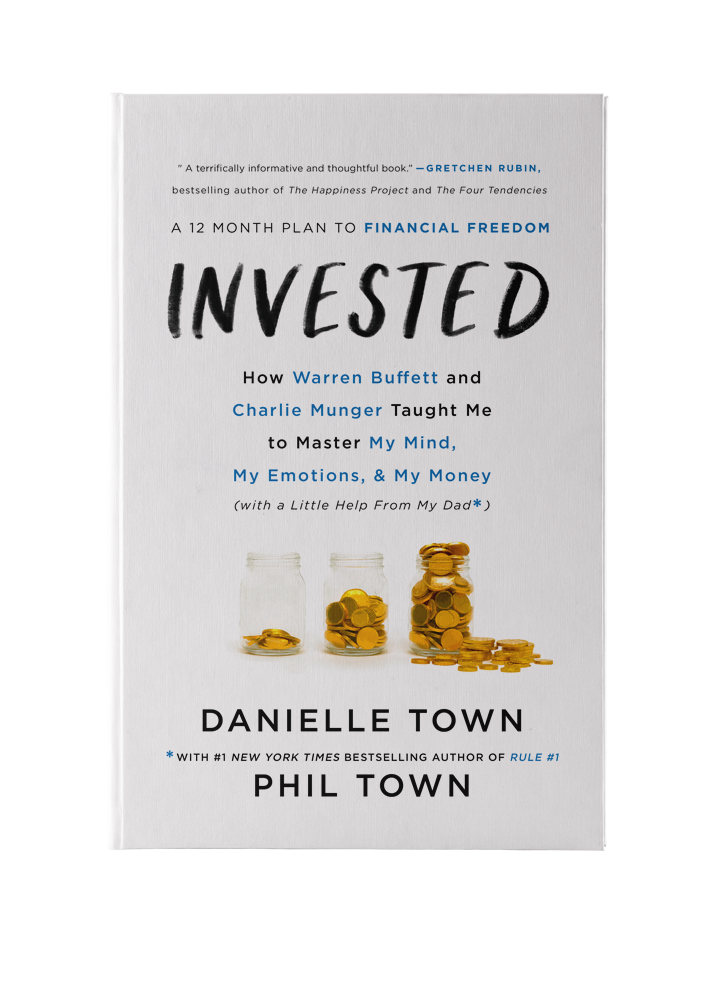May 04, 2018
Swipe Right to the Managers You Want to Invest In
A venture capitalist I know describes the process of finding a good startup investment like dating. You’ve got to hang out with the founder to see if you see the world the same way and see if the chemistry is there. Is this someone you trust and want to spend a lot of time with? Because, as a venture capitalist, you’ve got to have both in a founder. VCs do all that founder dating in person. As everyone who’s ever been on a blind date knows, people are often very different in person than they are on paper.
Researching public company management is the same dating process, but most investors rarely get the chance to meet a CEO in person, so I had to learn to depend on secondary sources. I found a few CEOs I wanted to look into, created a folder in which to save the articles I found and started searching online.
Five Factors To Consider
- BIOGRAPHY: A lot of my biography questions are related to how easy or difficult it has been for this person to come up in the business world. Running a public company is no easy job. How did this person get there? Did they pay their dues, or was the path smoothly paved for them? Neither is better than the other—in fact, a well-connected and well-integrated CEO can be far better for a company than a hardscrabble, pulled- himself-up-by-the-bootstraps type who knows no one but has mad skills—but I like to get a sense of their background.
- MANAGEMENT STYLE: Are they a skydiving-on-the-weekends entrepreneurial type like Richard Branson, or a stay-the-course, keep-growth-steady-and-low type whom you’ve never heard of? The Branson types make good copy for business writers who have to make stories interesting to make a living, and some subjects are easier than others to write five thousand words about. But the other types often make more reliable managers.
- FOUNDER: If the current management team does not include the founder, they might be reacting to the founder’s departure. Steve Jobs left Apple the first time because the board thought someone else could run the company better than he could and forced him out. While the board might have been right at the time, what they missed was that no one could make Apple products better than Jobs could, so the company went into decline until he came back. When he returned, older and wiser, he not only saved the company, he led the creation of iconic products that changed entire industries. Knowing that story is pretty important to understanding the current managers of Apple and the length of Jobs’ shadow on them.
- BOARD OF DIRECTORS: The board of directors hire and fire the management team. I tried to see if I could determine how they have handled doing both of those things.
- OWNERSHIP: Sometimes CEOs leave knowing they’re out before the problems hit, so I look for founders or executives with a large shareholding stake, so they are literally invested in the long-term success of the company.
As I read the press about a given CEO, gradually, article after article, I got a feel for what they were like. Were they warm, authoritarian, family-oriented, community-oriented, Mission-oriented? Were they an industry specialist, a CEO for hire, a serial entrepreneur? Did they manage time well, have business loyalty, or move around a lot?
I looked for clues and developed a bio in my notes. And I acknowledged to myself, constantly, that this bio was only based on impressions I’d gathered from incomplete information. Except for a very few famous CEOs, not all the information I wanted was out there. For many CEOs of non-famous companies, almost no information was out there about them. The absence of information told me that this was not someone who had been under the press’s microscope.
The conclusions I could draw then and now from researching CEOs are dependent on what an online search turns up, on how much press attention the management and the company have gotten, and how much scrutiny that attention has given the officers. This is where we hope the fourth estate protects us, potential investors. We can’t have access the way the press can, so we are stuck depending on their choices and on what’s called for editorially that week or that month. There’s a lot we don’t control or can’t know about.
Other Forms Of Research
It’s so hard to know if people are trustworthy or not until things go bad. Charlie Munger and Warren Buffet are masters at judging people, but they haven’t been able to describe how they do it and they definitely have made some mistakes over the years. As a counter to making a mistake about management, Buffett once said that you should only invest in a business an idiot could run because one day an idiot will.”
Another way to gather information about executives is to read their letters to shareholders, though they hardly ever reveal anything important—which is, in itself, a notable piece of information. Rule #1–style hedge-fund manager Matthew Peterson advised, “When management is talking in terms of per share growth and free cash ow and internal rates of return, it is a signal that they share a value investing mindset and consider things through a capital allocation lens. Watching the vocabulary in public statements can be very informative.”
Warren Buffett’s shareholder letters are famous for being the apotheosis of “straightforward,” to the point of bluntness. How open is the CEO in the letter? Does the CEO announce bad news will come, and does he or she do so in a way that is intellectually honest? I had the massive advantage of 20/20 hindsight. Did what the CEO predicted come to pass? How closely to the time frame and the description the CEO gave did the prediction happen? What’s the scuttlebutt around the Internet about what the company’s employees think about their management team? These are all things to take into consideration when researching the leadership of public companies you are interested in investing in.
Take command of your life and finances!
In this essential handbook—a blend of Rich Dad, Poor Dad and The Happiness Project—I share my yearlong journey learning to invest, as taught to me by my father, investor and bestselling author Phil Town.
